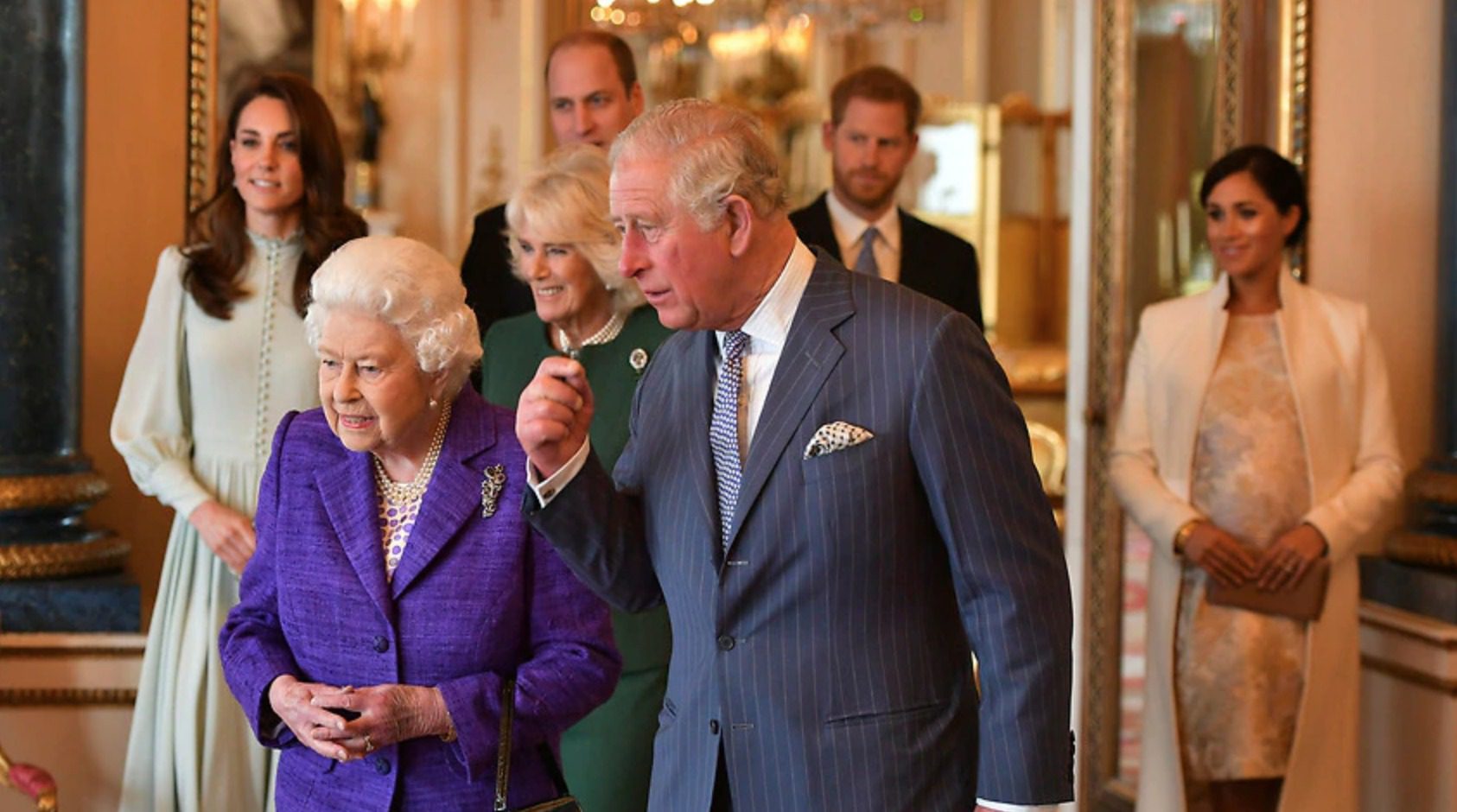When you think about it, the entire scene was ridiculous.
On the one side, the telegenic young millionaire couple unelected, but still possessing great power. On the other side, the billionaire media star, the one who had scored an exclusive interview with the telegenic young millionaires. And what had they come together to discuss?
How life is unfair to them. Seriously.
The utter absurdity of that notwithstanding, Oprah's interview with Harry Windsor and Meghan Markle did boffo box office, naturally. Some estimated that half of Britain watched Oprah's chit-chat with the former Royals. Everywhere else on the planet even during a deadly global pandemic The Interview was the event that everyone was talking about. It dominated the news for days.
And despite the stakes despite the fact that billions of people would likely tune in the Royal family still figured out a way to screw up their response. By the time the news cycle slowed down, the Royal family were left looking like a bunch of bigoted, brainless brutes.
It all could have been avoided, too. Full disclosure: this writer runs a crisis communications firm, the Daisy Group, and we've learned a few things over the years. Some could've been useful to the Royals. Here's five.
One: when in a hole, stop digging! The monarchy will simply not survive if it continues to be about bad stuff instead of good stuff. For instance: the Royal family does more for charity and then perhaps any other family in the world. They need to get out and talk about the good works they do, instead of simply responding to public relations nightmares, like the Oprah sit-down. Change the channel, Windsors.
Two: don't fire people in the middle of a crisis! It's one of the Daisy Group rules: if someone knows a lot of secrets, it's a usually bad idea to summarily dismiss that person in the midst of a public relations controversy. That's effectively what the Royals did with Harry and Meghan, and now they're paying the price, big time. In a crisis, always treat your team (and all your staff) with support and affection. The Royals didn't do that with Meghan and Harry. Meghan and Harry got back at them, with a vengeance.
Three: stop leading with your chin, and lead with your strength! In the case of the Royals, that's the Queen. This writer is Irish, with the Irishman's stereotypical antipathy towards the monarchy. But even I have to admit that Her Majesty is one of the most if not the most respected women in the world. My former boss, Prime Minister Jean Chretien, has often remarked how politically smart and strategic she is. She needs to be the face of the Royal family, not her royally-messed up children. Make her the designated spokesperson. Nobody else.
Four: leave no charge unanswered. When Meghan made the unsourced and unverified (and probably unfair) allegation of racism with Oprah, the Royals needed to respond to that immediately. They didn't. They let it hang out there, and it has now become the conventional wisdom. They needed to push back, hard, right away. They needed to unambiguously denounce racism and talk about the many things they've done to promote diversity. They didn't.
Five: don't screw up on a slow news day! The Royals knew this story was coming. They knew it wasn't going to be good. They did nothing absolutely nothing to proactively get positive stories out there to offset it. They just let it happen, and that made it even worse. Always, always have some good news in your pocket that you can quickly get pull out when you are having a PR rainy day!
Will the Royals listen to any of that advice? Of course not. They're the Royals.
They can't be fired.
Photo Credit: SBS News








